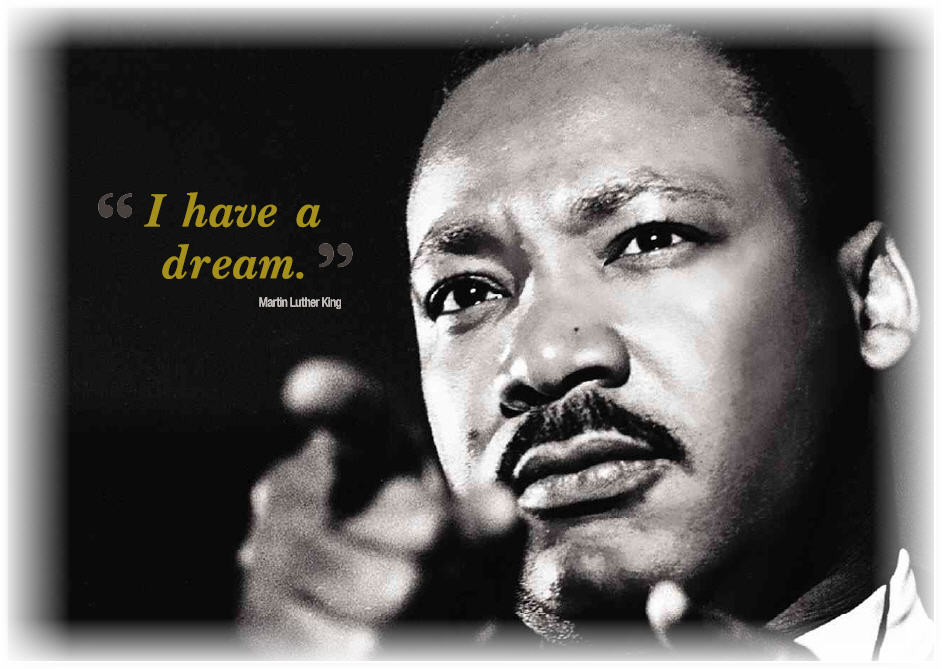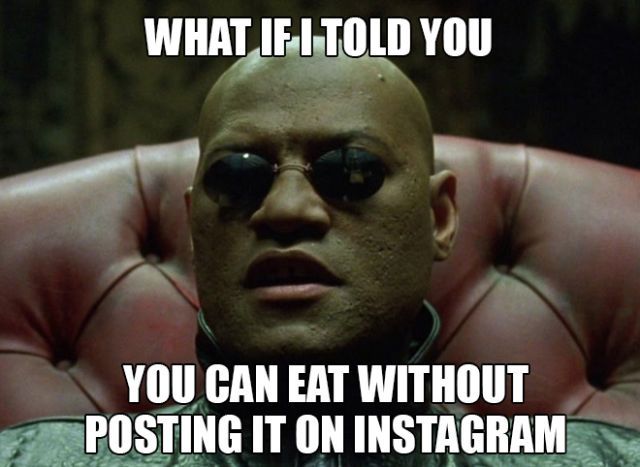“Identifying Identity” offers a series of responses from members of Culture on the Edge to the following claim made by Facebook’s Mark Zuckerberg:

Russell McCutcheon:
It’s no accident, of course, that “integrity” has a direct relationship with the Latin adjective “integer,” as in the word we today use to name whole numbers, in distinction from their parts, i.e., fractions. And so it carries with it the connotation of being complete, perfect, even unblemished. But there was a time when this modern sense of the word might have described not Mark Zukerberg’s apparently ideal person—one who is, I guess, consistently, transparently, and rigorously themselves in all occasions—but, instead, one who was able to moderate that apparent self, all depending on the requirements of the setting, something determined by the other social actors involved (e.g., it’s not “a black tie event” until someone shows up in a black tie). I’ve written on this classical sense of pietas before, I know, but it seems relevant once again to point out that wholeness might instead be the social fiction created by the artful management of the innumerable fractions, some of which may have no common denominator; for the quality of consistency or uniformity is surely the last thing one wants—whether in ancient Rome or in Facebook’s headquarters—when moving from interacting with social superiors at work to the barista at the corner coffee shop to friends at the bar or family at home. These once taken for granted distinctions are obviously challenged not just by the eternal present of the virtual world, where we post and tweet and, now, yak anonymously, but, more importantly perhaps, by Facebook’s own quest to monopolize ownership of that world and thus ownership of the means whereby we produce those selves. Continue reading “Identifying Identity with Russell McCutcheon”






 My family is a family of identifiers. Whether it is a bird, tree, or salamander, we are often dissatisfied until we know which species it is. Thus we have binoculars and a whole shelf of Field Guides for identifying much of the flora and fauna. While others can certainly dissect the psychological interests behind the desire to know these names, the process of observation intrigues me.
My family is a family of identifiers. Whether it is a bird, tree, or salamander, we are often dissatisfied until we know which species it is. Thus we have binoculars and a whole shelf of Field Guides for identifying much of the flora and fauna. While others can certainly dissect the psychological interests behind the desire to know these names, the process of observation intrigues me.  Russell McCutcheon’s
Russell McCutcheon’s  I just read an
I just read an  This got me thinking a little more about the category
This got me thinking a little more about the category 